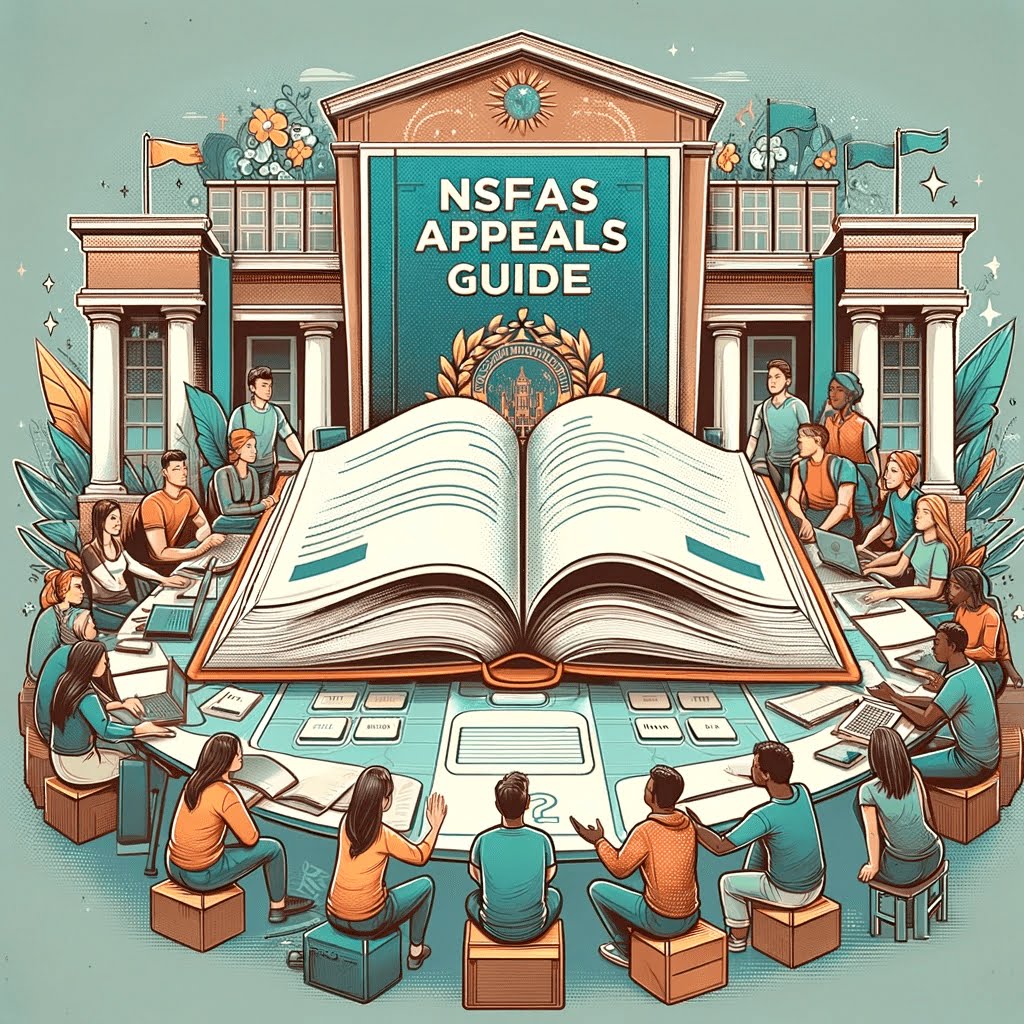Understanding the Appeal Process for NSFAS Funding Decisions
National Student Financial Aid Scheme appeals are formal requests to revisit and reconsider a decision where a student’s application for funding was not approved.
Eligibility for NSFAS Appeals
Students who qualify to appeal are those whose initial application for NSFAS financial aid was declined, or existing beneficiaries whose financial aid has been discontinued. It’s crucial to note that appeal outcomes are contingent on the availability of funds. Appeals are exclusive to students who have sought NSFAS for financial support.
Ineligibility for NSFAS Appeals
Certain students are prohibited from appealing, including those enrolled in courses not covered by NSFAS, students who have surpassed the N+2 rule (or N+3 for students with disabilities), and gap year students previously denied aid due to failing to meet academic requirements. If a student’s registration details are incorrectly submitted by their institution, they should address this with the institution directly, as it falls outside the scope of NSFAS appeals.
Deadline and Process for Submission
A 30-day window is given for students to submit their appeal following the receipt of their initial application results. To appeal, students must log into their myNSFAS account and follow all the necessary procedures to submit their appeal.
Criteria for Appeals on Income Grounds
Students whose appeals are based on exceeding the income threshold must provide evidence supporting significant changes in household financial circumstances since their original application. This includes situations like the primary income earner becoming incapacitated or deceased, the student being legally declared independent, or the student coming from a child-headed household or being affected by parental divorce, where only one parent is financially responsible.
Appeals Based on Academic Eligibility
Appeals from students who did not meet academic criteria will be considered under specific conditions, such as if the student is a continuing student not classified as FTEN or FTN, and their academic performance was impacted by severe illness, a family death, victimisation by violent crime, pregnancy and childbirth, or disability-related challenges. Additionally, appeals can be made if there is evidence that the academic results NSFAS received are inaccurate.
This comprehensive guide aims to clarify the appeal process for NSFAS funding decisions, providing students with the necessary information to navigate this important aspect of their educational journey.






